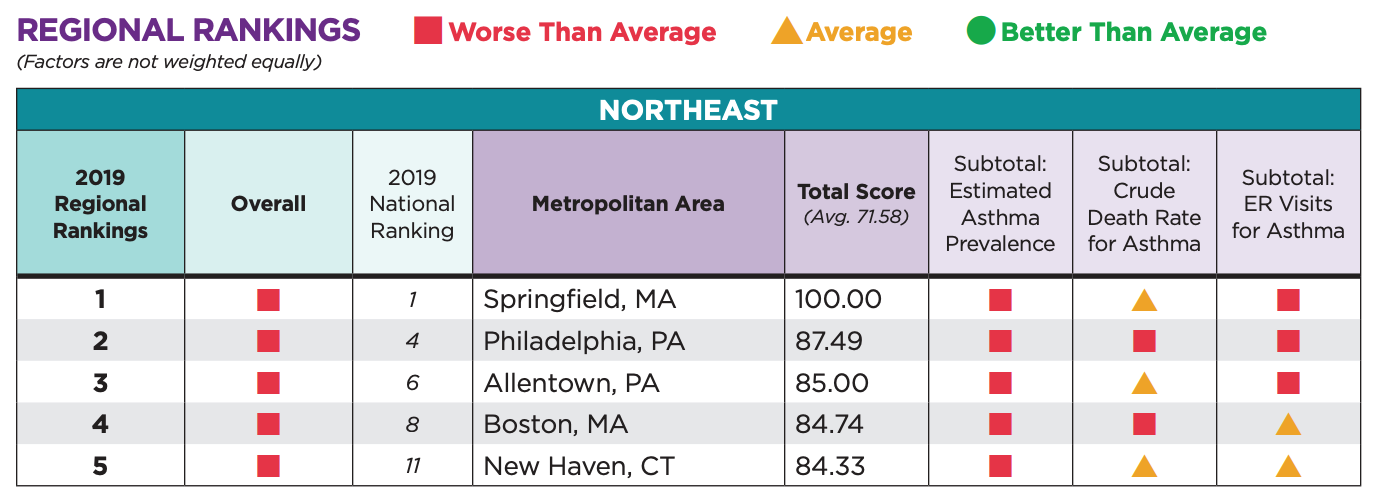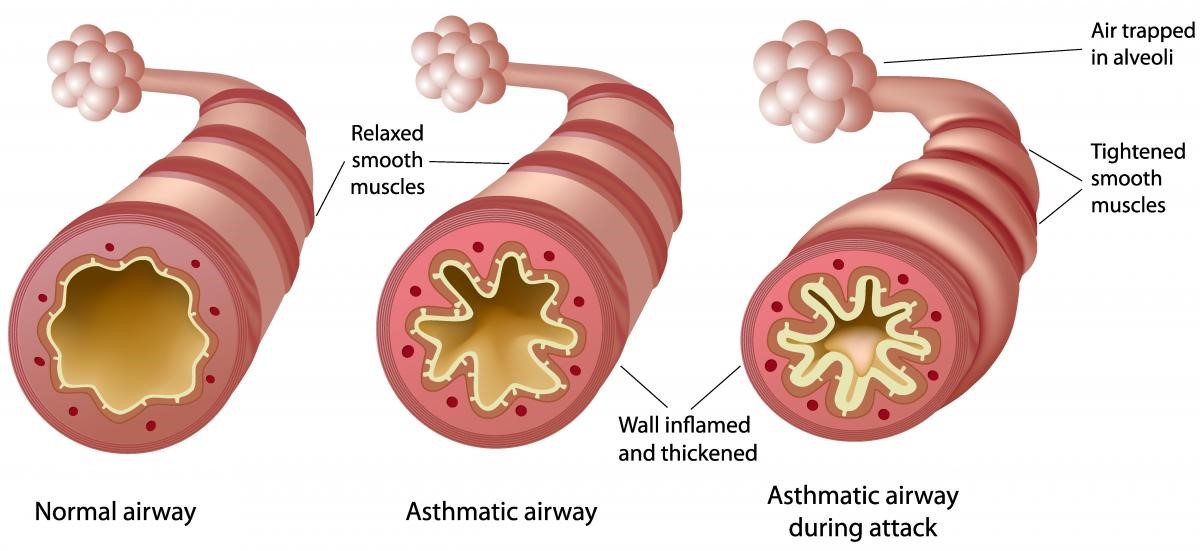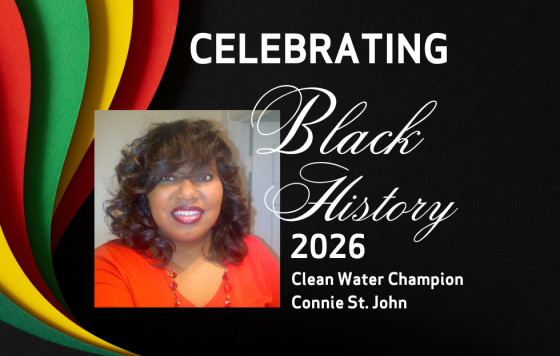
Part One: The Undue Burden of Asthma
If you live in Massachusetts, I'm almost 100% certain you or someone you know has asthma. See, our state holds the dubious distinction of being the worst in the Northeast with regards to asthma. The prevalence of asthma in both children and adults—and related deaths—is amongst the highest in the nation.

Asthma is a significant public health problem for Massachusetts that also accounts for over $2.5 billion in economic costs.1 But those costs are borne differently for different groups of people; asthma is a marker for environmental injustice, with strong associations to income, race, age, and healthcare access and quality. Solving this public health problem means addressing the longstanding legacy of health disparities in the Bay State.
But First, What is Asthma?
A clinician would describe asthma as a chronic inflammatory disease of the airways. From my personal experience, it's an ever-constant threat that something in the environment will trigger the invisible hand around my airway. Most of these reactions make breathing slightly difficult. But if it's an asthma attack, the squeeze is tighter, breathing becomes labored, and dizziness can set in. It's an unsettling experience to have your mouth wide open and gasping for air, while you're breathing through what feels like a straw.

Left untreated, an asthma attack can result in death. You might've heard about Laura Beth Levis, an avid gym-goer, 34 years-young, working her dream job at Harvard University—who died right outside an emergency room in Boston a couple years ago. The ER door was locked; the hospital security desk was left unstaffed; there was no one nearby around the early hour of 4 a.m.; and her 911 call was mishandled. Picking up the pieces was her grieving and now-widowed husband, Peter DeMarco, who has since been outspoken about getting asthma under control.
Laura is one of ten people who die everyday from this treatable disease. Approximately 8.3% of the U.S. population has asthma, and 10 of us will die tomorrow, and the next day, and the next, until something changes.
Asthma and Inequity in the Commonwealth
Boston is rated as the 8th most challenging place to live with asthma in the United States—what the Asthma and Allergy Foundation of America (AAFA) call an Asthma Capital. The #1 Asthma Capital is our neighbor in Western Massachusetts, Springfield. AAFA ranked all locations in the U.S. based upon health outcomes (e.g. prevalence, mortality, ER visits) and risk factors (e.g. air quality, poverty, rate of uninsured) with regards to asthma.
Note that we scored poorly despite our state having the lowest uninsured rate in the country. In places like Springfield, pollen is a significant contributor to asthma attacks, but doesn't paint the whole picture. Springfield falls within a valley that readily collects carbon dioxide, which triggers asthma directly but also indirectly by prolonging pollen season due to heat trapping.
Springfield, like many urban areas here in the Commonwealth, is also rife with social inequities that are tied to asthma prevalence and death rates. There are many links between social inequity and asthma: poor housing, increased exposure to highway pollution, inability to afford or make time for treatment, implicit biases of medical staff, and the relation between stress and asthma attacks are but a few examples.
A Solution Framework
At least part of our job must involve reducing the air pollution that triggers asthma attacks; medication alone falls short. And since the highest concentrations of people living with asthma are in low income and communities of color, we need to fight for cleaner air in these hotspot communities that are unfairly burdened. Stay tuned for part two, where we'll discuss the solution framework and opportunities to get involved with #LetUsBreathe and our partners in the Green Justice Coalition. Together with our allies, Clean Water Action is planning the Third Annual #LetUsBreathe Day of Action on World Asthma Day this year, Tuesday May 5th. Mark your calendars and stay tuned for more details!
[1] Calculated based off: 1 in 9 Massachusetts residents having asthma, and the average cost of asthma at $3,266 per person.


